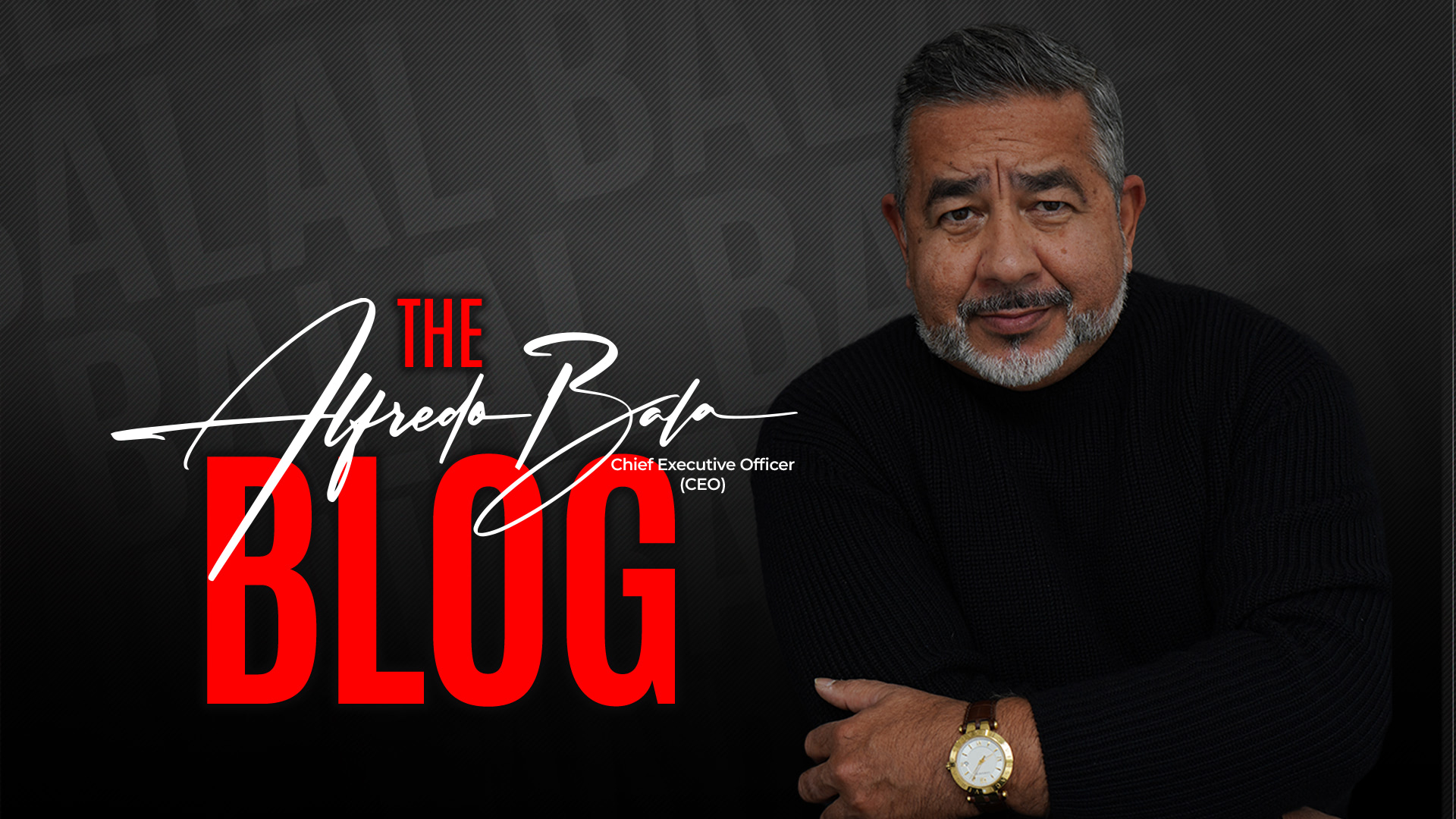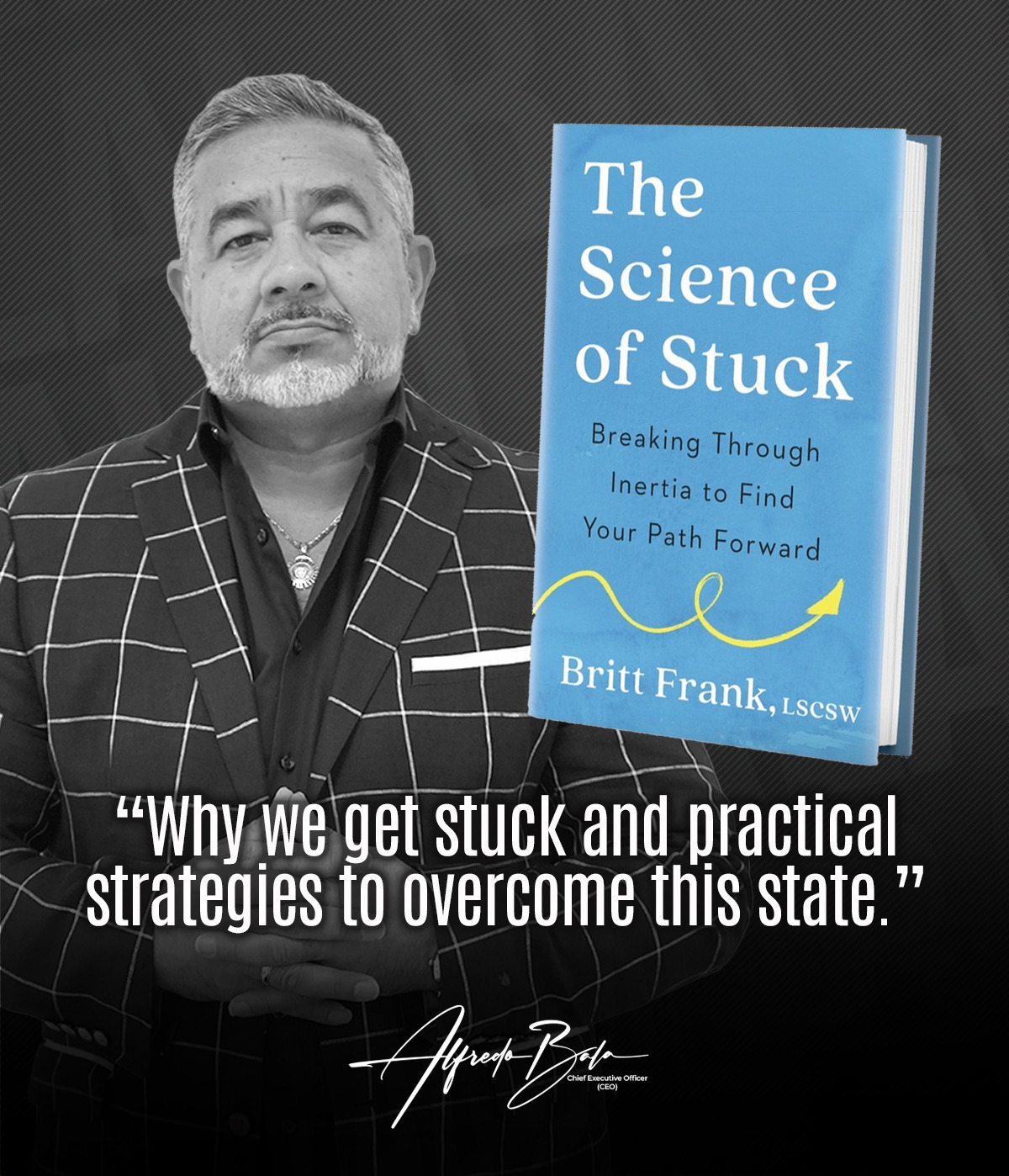
I In my extensive 43-year career in Network Marketing , I have frequently encountered Network Marketers who have previously achieved success but are currently experiencing a sense of being stuck.
They are actively seeking ways to break free from this state and regain momentum for their future endeavors.
To address this common challenge, I recently came across a highly recommended book titled “The Science of Stuck.” By Britt Frank
“The Science of Stuck” delves into the phenomenon of feeling stuck in various aspects of life and provides valuable insights into its causes and practical strategies to overcome it.
As I introduce this topic on my blog, I believe that network marketers who are currently feeling stuck can greatly benefit from the wisdom shared in this book.
The book starts by examining the cognitive biases and mental traps that can keep us stuck, such as fear of failure, perfectionism, and cognitive dissonance.
1. Fear of failure: The fear of failure can paralyze individuals and prevent them from taking necessary risks or pursuing their goals. This bias often stems from the fear of judgment, criticism, or disappointment.

2. Perfectionism: The desire for perfection can lead to a constant feeling of being stuck because individuals may be afraid to start or complete tasks unless they meet impossibly high standards. Perfectionism can hinder progress and make it difficult to move forward.
3. Cognitive dissonance: Cognitive dissonance occurs when there is a conflict between our beliefs, attitudes, and actions. This internal conflict can create a sense of being stuck as individuals struggle to reconcile their conflicting thoughts and behaviors.
4. Confirmation bias: Confirmation bias is the tendency to seek out information that confirms our existing beliefs and ignore or discount information that contradicts them. This bias can keep individuals stuck in their limited perspectives and prevent them from considering alternative viewpoints.
5. Overthinking and analysis paralysis: Overthinking and analysis paralysis occur when individuals become trapped in endless cycles of analyzing and overanalyzing options, resulting in difficulty making decisions or taking action. This mental trap can lead to a sense of being stuck in a state of indecision.
6. Fixed mindset: A fixed mindset is the belief that abilities and intelligence are fixed traits that cannot be changed. This mindset can inhibit growth and progress, as individuals may feel stuck in their current abilities and be resistant to taking on new challenges.
7. Avoidance and procrastination: Avoidance and procrastination involve putting off tasks or activities that are uncomfortable, challenging, or unpleasant. This tendency can keep individuals stuck in a cycle of delay and avoidance, preventing them from making progress.
By understanding and recognizing these cognitive biases and mental traps, individuals can begin to address and overcome them, ultimately breaking free from the feeling of being stuck.
This book then introduces seven actionable strategies to help individuals get unstuck and make progress towards their goals.
These strategies include:
1. Cultivating self-awareness: By understanding our emotions, beliefs, and thought patterns, we can identify what is holding us back and develop strategies to overcome them.
2. Setting clear goals: Defining specific, achievable, and meaningful goals helps to provide direction and motivation, making it easier to move forward.
3. Embracing failure and learning from it: Rather than fearing failure, the book encourages embracing it as a valuable opportunity for growth and learning.
4. Adopting a growth mindset: Believing in the ability to learn and improve allows individuals to approach challenges with resilience and a willingness to adapt.
5. Taking small steps: Breaking down big goals into smaller, manageable tasks makes them less overwhelming and increases the likelihood of progress.
6. Seeking support and accountability: Engaging with others who can provide guidance, feedback, and support can help maintain momentum and hold oneself accountable.
7. Embracing discomfort and taking risks: Stepping outside of one’s comfort zone is essential for personal and professional growth, as it allows for new experiences and opportunities.
Overall, “The Science of Stuck” by Britt Frank ,offers readers a comprehensive understanding of why we get stuck and provides practical strategies to overcome this state.
By implementing these actionable strategies, individuals can break free from inertia and make progress towards their desired outcomes.
